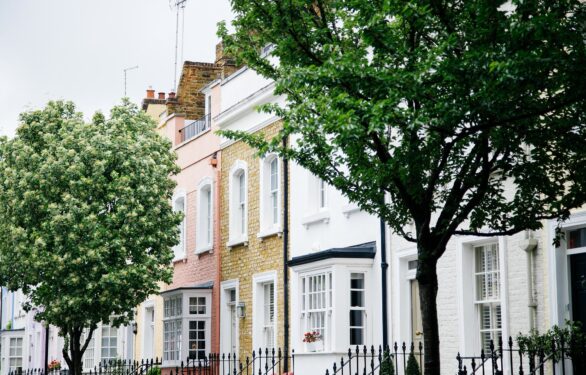The appeal of small home living has really been catching on. Many people are shying away from buying super-sized homes and opting for a much littler footprint for their family, even though bigger, more expensive houses are a viable option. The reason? There’s a lot of financial benefit to keeping your housing costs down. One of the big drivers of this movement is the monthly cash flow flexibility that living small offers people. More give in your cash flows means having more money available to put toward other goals: saving for retirement, travel, future education costs, emergencies, home repairs, and any other financial bucket that’s important to you and your family.
Let’s break down a few reasons why:
The mortgage:
When you take out a loan for a property, the size of the note determines how much your monthly mortgage payment will be. The bigger the note, the higher the monthly payment and vice versa. If you go with a 30-year fixed rate mortgage, the payments on a less expensive house will be significantly lower than with a more expensive property. You also may be able to consider other financing options for a smaller house, like taking out a 15-year loan instead. Think of what your monthly cash flow could look like in 15 years after your house was completely paid for!
The down payment:
The down payment works the same way. A less expensive down payment means more flexibility for your nest egg. If all of your savings are completely tied up in your home, the only mechanisms for accessing that money is by either selling the property or refinancing. With a smaller down payment, you have the ability to use your leftover savings to invest elsewhere. Putting your money into multiple types of investments helps protect you if something unexpected happens to the real estate market, like a sudden drop in your neighborhood’s home values. Remember, no matter what Zillow says, the actual value of your home is only what someone is willing to pay for it when you’re ready to sell. That amount can change dramatically over the years.
Energy costs:
How much it costs you to maintain your house on a monthly basis is directly proportional to how big of a space it is. If you only own six rooms, for instance, that’s all you have to keep cool in the summer and warm in the winter. Less space means less energy used each month. On the flip side, double the rooms means double the energy usage. Of course, there are other factors that go into saving money through energy efficiency, like the age of the windows and types of appliances you have. But in the end, less square footage means less costs to keep the home running, which translates to more available money in your wallet.
Whether you’re a first-time homebuyer, an empty nester, or somewhere in between, taking the time to figure out just how much house you need is critical. Dig deep into the numbers and see what you come up with. Consider all of the other financial goals you’re working toward and figure out what’s most important to you. If you find that having freedom in your cash flows from month to month is a big priority, keeping your future home on the smaller size may be a solid option for you. If you’d like help analyzing your cash flows, don’t hesitate to reach out. We’d be happy to guide you along the way.
